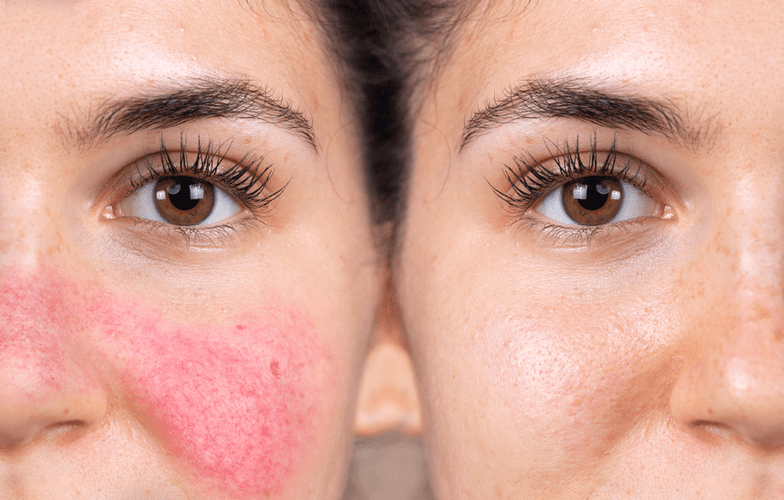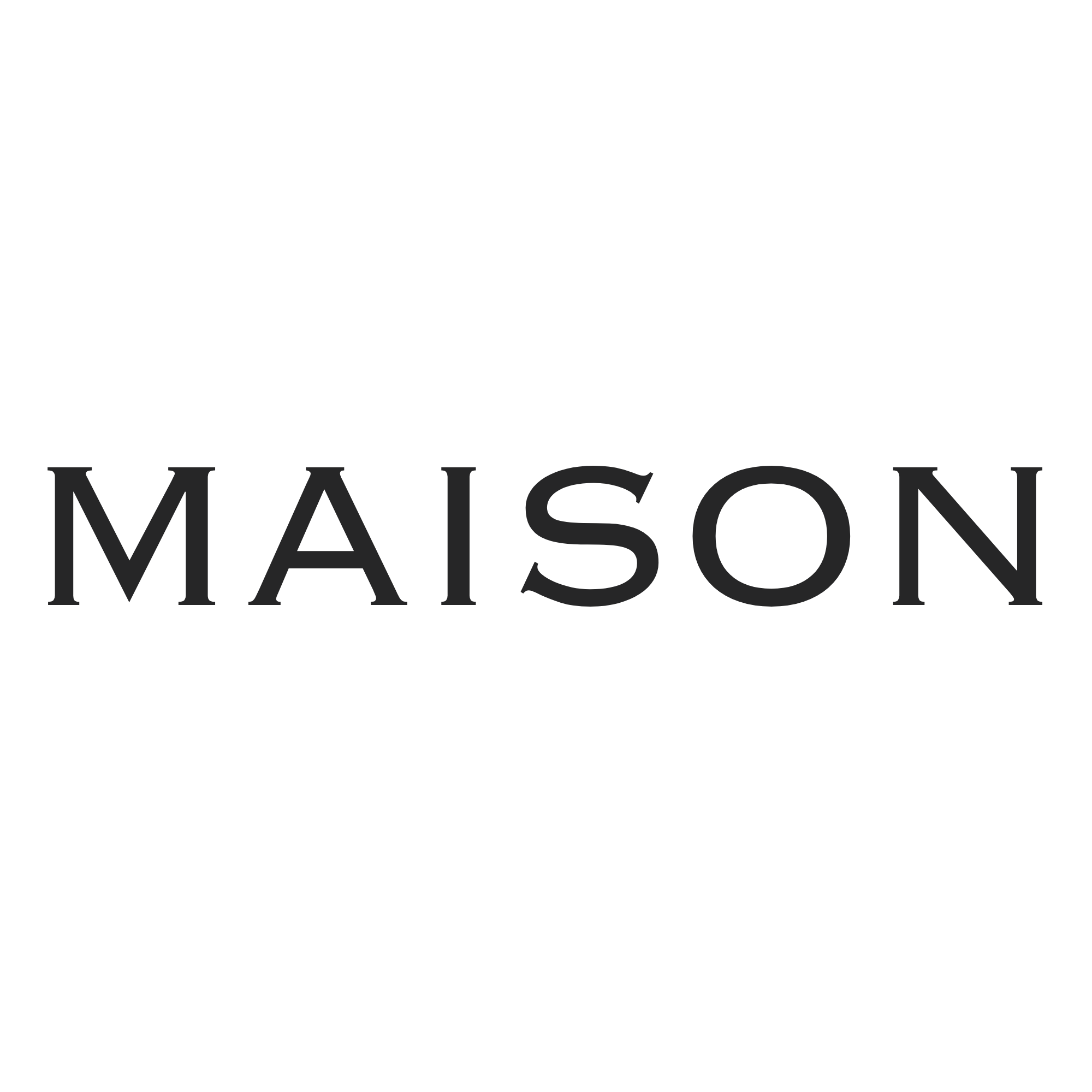Dangers of Drinking After Work
So I find myself in a dilemma between my childhood/family ideals, and this internet stuff saying that the second you start drinking more than 2 weeknights you’re borderline alcoholic. My actual days have been fine for the most part, but if I don’t have a plan for right after work I crave drinking immediately after. I get irritated by my partner, I feel hungry, restless and nothing seems appealing. Was thinking of a bike ride but the weather is very hit or miss this time of year, and it’s getting darker earlier and earlier. This subreddit is a place to motivate each other to control or stop drinking. We welcome anyone who wishes to join in by asking for support, sharing our experiences and stories, or just encouraging someone who is trying to quit.
Vacation Like It’s 1975 With This Slick, Portable Film Camera
Having beer or wine after work to cope with stress can eventually become a bad habit. What begins as casual drinking can escalate to problem drinking and even addiction. Alcohol addiction can be difficult and potentially dangerous to detox from on your own. Severe alcohol withdrawal can be deadly, so heavy alcohol users should not attempt to wean off alcohol without the help of a professional medical detox facility.

Know that it’s a profitable decision, as it caters to the steady demand of those who choose to indulge at the end of the day. Policy It is essential for employers to have active policies regarding the consumption of alcohol at work. Having a policy fulfils the employer’s obligation to provide good and safe working conditions. This is true even – and perhaps especially – for businesses in the hospitality industry. If you or a family member is dealing with alcohol addiction and are ready to take the next step towards recovery, Coastal Detox is here to help. Relying on alcohol to mask the stressful feeling you have after work could cause you to drink more alcohol.
The Culture and Consequences of After-Work Drinking
They allow employees to connect on a personal level, which can lead to stronger connections and a supportive environment. Engaging in hobby clubs after work can enrich one’s social life, providing a remedy for loneliness and a platform to build meaningful relationships. These clubs serve as a gateway to cultural integration, especially for newcomers, helping them to understand and integrate into the local culture and community. Beer has been obviously deemed the culprit of what is Oxford House its namesake the “beer belly,” but it’s true that ale is not solely responsible.
Understanding the ROI of leave management solutions
- There are those at the professional level who also struggle with the same problems.
- One effective approach to managing after-work drinking is to identify personal triggers and develop strategies to handle these triggers without relying on alcohol.
- As the publication further highlighted, even moderate consumption of alcohol can cause inflammation of the stomach.
Professional help should be considered if you find yourself needing to drink more to achieve the same level of intoxication or if withdrawal symptoms become apparent. It is essential to recognize that while moderate alcohol consumption may carry some cardiovascular benefits, the line between moderate and excessive is thin, and crossing it can lead to serious health consequences. These include, but are not limited to, systolic or diastolic heart failure, arrhythmias, particularly atrial fibrillation, and an increased risk of coronary https://interest.iium.edu.my/blog/2024/07/30/transitional-sober-living-in-boston/ artery disease, as detailed by the National Center for Biotechnology Information. As workplace drinking culture comes under scrutiny, it becomes clear that alternative, more inclusive team-building activities should be explored to foster a healthy work environment. It’s important to understand the issues that can come with drinking after work and when it’s time to stop.
- As stated before alcohol consumption can have effects on your body short- and long-term, especially when consumed regularly and frequently.
- In the tech industry, the rise of remote and hybrid work models has reduced the incidence of in-person after-work socializing, leading to a decline in drinking as a bonding ritual.
- A critical indicator is the development of increased tolerance and withdrawal symptoms, which can signal an underlying alcohol use disorder.
- In fact, exercise has been shown to help decrease the urge to drink (2).
- In contrast, regions like London have a historical tradition of post-5 pm drinking, deeply ingrained in the city’s social landscape, highlighting the evolution and significance of this practice.
Done in moderation and only occasionally, drinking after a workout won’t harm you. Beer may have a slight edge over liquor when it comes to choosing your post-exercise beverage, but be sure to double fist with water, too, so your body can fully rehydrate. For the best results — especially when it comes to muscle growth — avoid alcohol and refuel with plenty of protein and carbs. “Alcohol consumption post-exercise can also introduce additional swelling into your tissues, since it opens up blood vessels. It can make an injury worse by encouraging swelling at the injury site.
This is part of a larger movement toward redefining the role of alcohol in professional settings and promoting a healthier work-life balance. Research highlights the symbolic and social meanings of work-related drinking rituals, which can serve to navigate social interactions and provide behavioral guidance. Yet, these norms are not static; they evolve with societal changes and vary according to the context, the company and even the time of day. These events are not just for casual socializing; they are considered essential for networking within the professional context. Declining an invitation to a nomikai may be seen as a faux pas, as it is an integral aspect of social etiquette in Japanese business culture. The practice also provides a venue for employees to bond outside the confines of the office and is seen as a way to build social capital with one’s superiors and colleagues.
Setting such rules falls under the employer’s statutory right to issue instructions. In this regard, it is important for employees to be aware of their employer’s policies and guidelines regarding the consumption of alcohol at work. Apart from simply wanting to go out with co-workers or friends, they may drink to cope with the day’s stresses. Unfortunately, many occupations come with stress while others may take lots of manual labor. Those who work in construction or manual labor tend to abuse alcohol much more after work. Engaging in physical activity after a workday offers a multitude of benefits that extend far beyond the immediate release of stress.
Social support is also crucial, as isolation can exacerbate the risk of relapse. Professional treatment programs and support groups can provide the necessary assistance for those struggling with after-work drinking turning into dependence and addiction. The National Institute on Alcohol Abuse and Alcoholism offers guidelines and resources for those seeking help.
What Does It Mean To Have a Substance Abuse Problem?
- Whether you or a loved one is struggling with addiction, our expert team is here to guide you every step of the way.
- She also says it’s important to take a day or two off from drinking each week—a habit linked to improved brain health and a lower risk for liver cirrhosis—and to avoid binge drinking.
- Happy hour and after-work drinks often go hand in hand with long days on the job, providing networking opportunities and a chance to unwind.
- However, contemporary attitudes are shifting, with increased awareness of health, safety and appropriate behavior leading to a decline in work-related drinking culture.
Supervisors should not drink with, or purchase drinks for, a subordinate unless all employees are invited. Today, this sort of gathering occurs frequently, but it could increase the chances of the worker-supervisor relationship becoming somewhat muddled. Cherry-picking employees to fraternize with could undoubtedly create tension and an undesirable workplace environment. To mitigate this issue, management can insist on group lunches or another outing that allows employees to bond. By taking a conscious position about this as an employer and determining whether, where and when alcohol can be consumed at work, a lot of problems can be avoided. The policy provides clarity on the applicable rules and addresses both the interests of the individual employee and the interests of the company.

Compared to light drinkers, people who drank moderately enjoyed a reduced risk for metabolic syndrome—a cluster of common health issues including weight problems, high blood sugar, and poor cholesterol. A new study from Australia sought to address some of these questions, and so looked specifically at the health effects of moderate drinking among adults age 25 to 36. Rather than compare the moderate drinkers only to abstainers, the study team also compared moderate drinkers to light drinkers, and controlled for exercise habits, mental health status, and other factors that could have muddled their findings. As it turns out, though, a study later confirmed that both light and moderate drinking does indeed decrease the risk of mortality in both sexes — but especially so in women, as reported by The Telegraph.
Why Do People Drink After Work?
The Recovery Village Cherry Hill at Cooper offers comprehensive beer after work addiction treatment for drug and alcohol addictions and co-occurring mental health conditions. Chronic alcohol use also has serious mental health implications, including the risk of developing alcohol use disorders (AUDs), depression and anxiety. Other long-term effects include an increased risk of certain cancers, pancreatitis, immune system impairment and problems with concentration and memory. In Western societies, the institutionalization of regular alcohol consumption has been observed in various stages of life. In the workplace, drinking has often been seen as a means of fostering camaraderie, boosting morale and relieving stress.






Leave a Reply